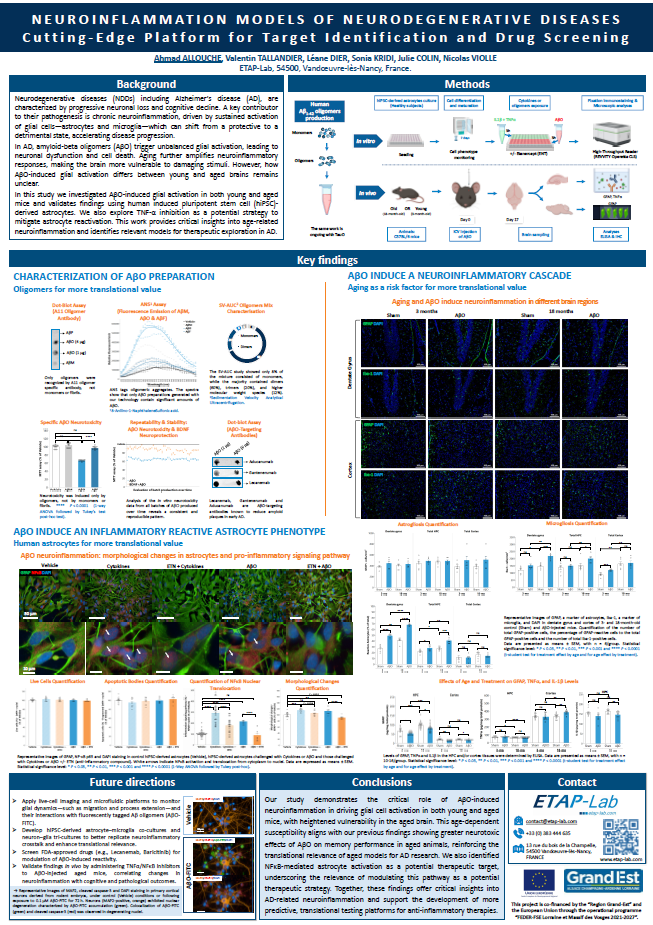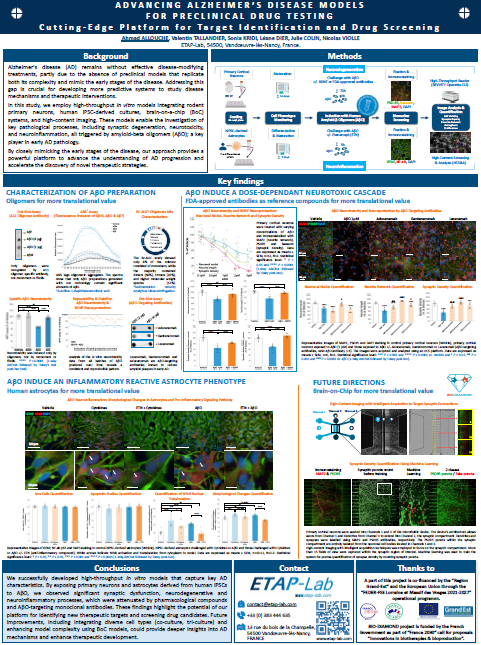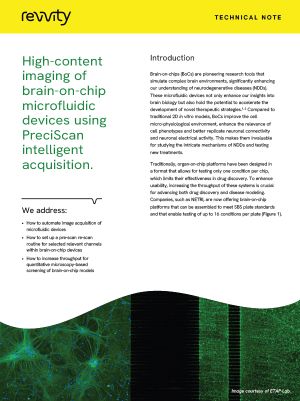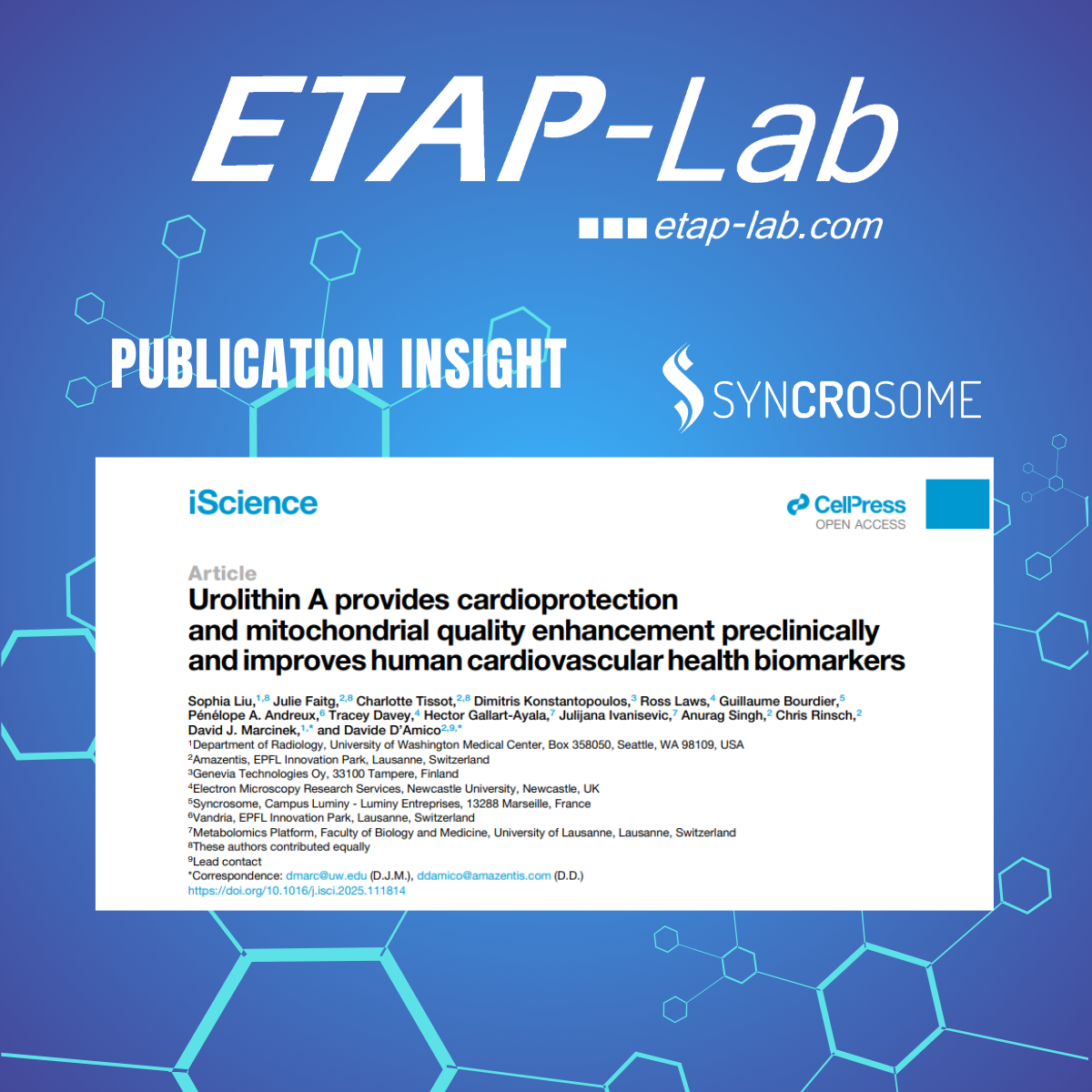Methylphenidate-risperidone combination in child psychiatry: A retrospective analysis of 44 cases
Javelot H, Glay-Ribau C, Ligier F, Weiner L, Didelot N, Messaoudi M, Socha M, Body-Lawson F, Kabuth B. - 2014, Ann Pharm Fr, 72:164-77
INTRODUCTION: Psychotimulant-antipyschotic combinations are frequently used in child psychiatry, but have been rarely described in the literature.
METHOD AND PATIENTS: We propose here a retrospective study of 44 children who received the combination methylphenidate (MPH)-risperidone (RIS). The sample is composed of children who received either MPH (n=28) or RIS (n=16) as primary treatment. A vast majority of the children had a comorbid attention deficit hyperactivity disorder (ADHD) diagnosis.
RESULTS: For over 60% of patients, regardless of their initial monotherapy, bitherapy decreased the symptoms of ADHD and conduct disorder, sleep disorders and anxiety. Concerning the safety of the bitherapy, a compensation effect on weight gain and appetite was respectively observed in 70% and 50% of patients. Even though iatrogenic tachycardia can be encountered with both drugs, it has never been reported when they are associated and we have reported a total of 3 cases in our study. We have also observed a case of dyskinesia resolved with the discontinuation of the treatment.
DISCUSSION/CONCLUSION: MPH-RIS bitherapy appears to be particularly effective in ADHD with conduct disorder symptoms. Although tolerance may limit its use, the benefit/risk ratio seems favourable for a number of children.
Link to Pubmed





